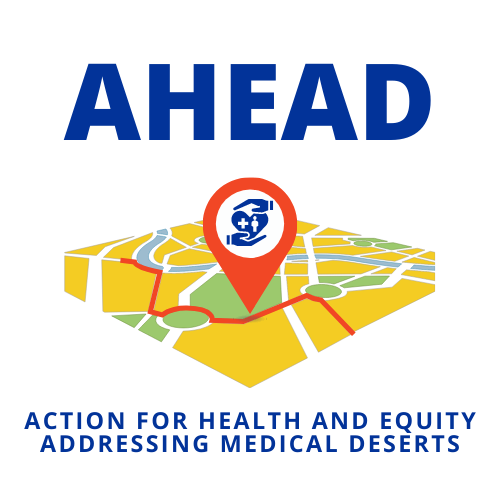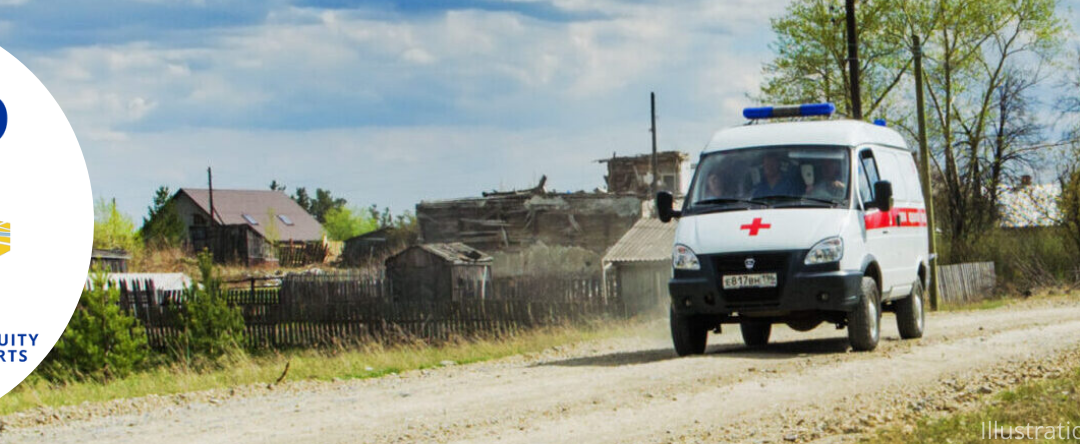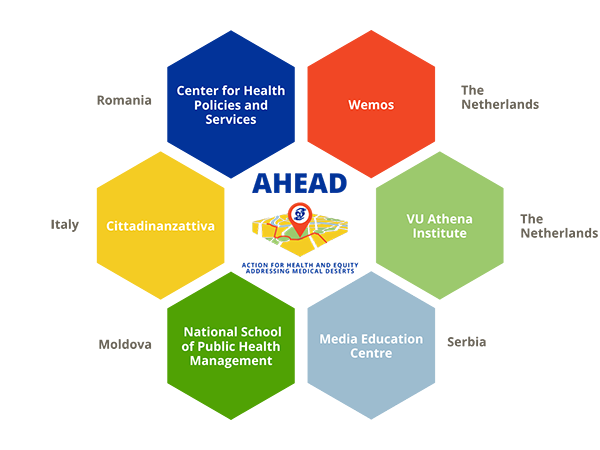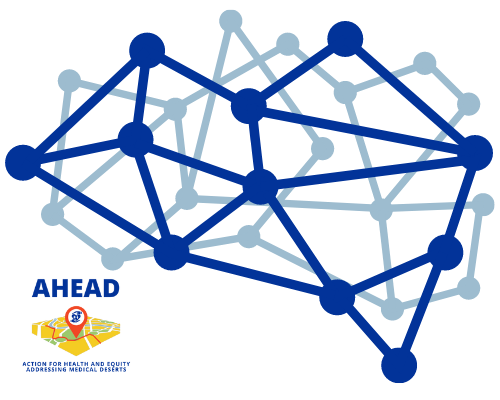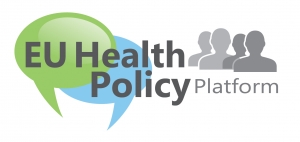Europe is struggling with its health workforce, with challenges such as health worker shortages and an uneven distribution. Coordinated efforts to strengthen the health workforce in Europe are therefore urgently needed. To support EU Member States in strengthening their health workforce, tools, methods and practices are necessary; this should lead to strategic EU health workforce planning and strategic human resources management. These were some of the key messages from the official launch of the EU Health Workforce Projects Cluster on Monday September 20, 2021. The organisations involved in five EU co-funded projects– AHEAD, METEOR, OASES, TaSHI and ROUTE-HWF – also introduced their projects on health worker retention policies, mitigating medical deserts and task shifting.
Opening speakers Dr Andrzej Rys (Director, Health systems, medical products and innovation, DG SANTE, European Commission) and Miklós Szócska (Director, Health Services Management Training Centre, Semmelweis University) highlighted the importance of investing in the health workforce and health systems, particularly in light of the Covid-19 pandemic. The EU Health Workforce Projects Cluster provides the perfect opportunity to share knowledge and (learning) experiences. Dr Rys announced that the European Commission is planning a new Joint Action starting in 2022, focusing on adapting allocation needs, reform of allocation system, and continuous professional development, to equip health workers with critical skills.
In addition, the organisations in the EU Health Workforce Projects Cluster presented their projects:
- Action for Health and Equity – Addressing Medical Deserts: AHEAD
- MEnTal hEalth: fOcus on Retention of healthcare workers: METEOR
- prOmoting evidence-bASed rEformS: OASES
- Empowering EU health policies on Task SHIfting: TaSHI
- A Roadmap OUT of mEdical deserts into supportive Health WorkForce initiatives and policies: ROUTE-HWF
In case you missed it, you can watch the recording of the event via this link (password: 3Gqd9nv4).
If you are interested in joining the Health Workforce Projects Cluster as an expert or stakeholder, please register on the EU Health Policy Platform, and request to join the Cluster Network.
